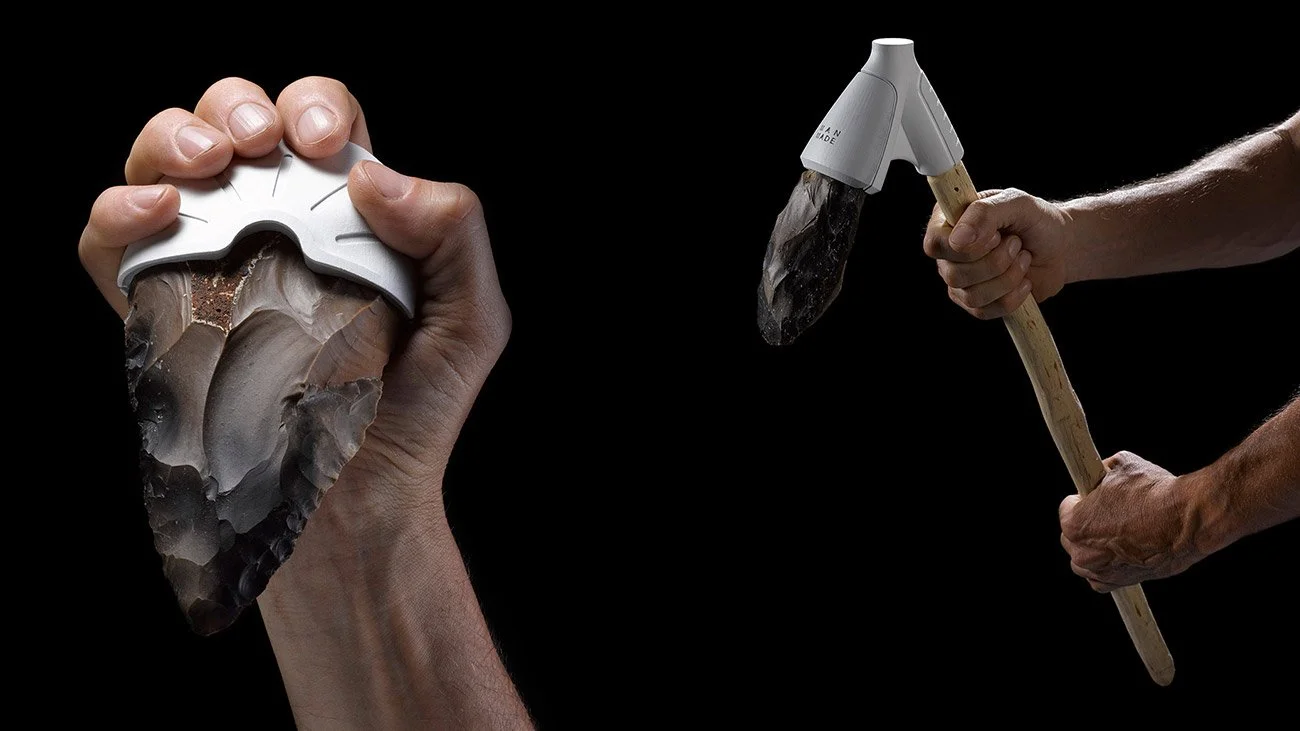Creative souls need nothing. With a touch, they turn Nothing into Something.
You can measure their power by how wide their range of raw materials is. One might stumble upon transforming negative feelings, another on unusual things, and yet another on frightening events.
If a person is open to new things and curious, each day brings a tiny but valuable gain. Just yesterday, fate threatened to break their familiar life, but tomorrow they'll smirk and say, "I am the tectonic shift."
Creating doesn't always mean composing or sculpting. It's the ability to turn a negative into a positive, and a positive into a negative at will.
Our body, mind, and spirit are initially dependent on... Oh, the list is long. All our lives, we fight for freedom, like a dolphin in a fisherman's net.
This path has no comparison. Everyone has a different starting point. The destination is unknown. You choose your own pace.
Do you agree that you have a creative path?
Sincerely yours,
-Alexander
About me:
As a business therapist, I help tech founders quickly solve dilemmas at the intersection of business and personality, and boost company value as a result.
How can I help you?
If you've long been trying to understand what is limiting you and/or your business and how to finally give important changes a push, then The Catalyst Session is designed specifically for you. Book it here.





















